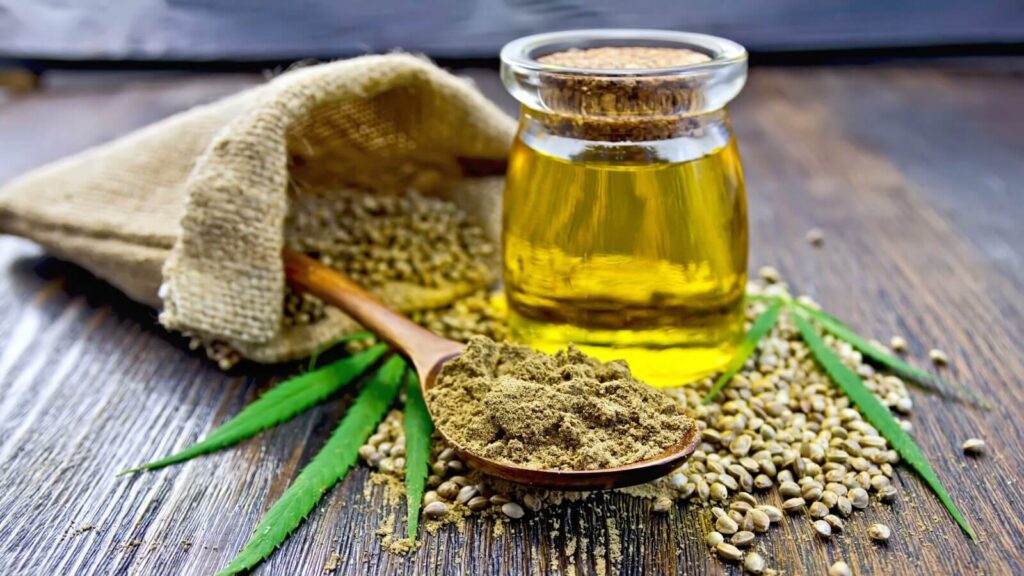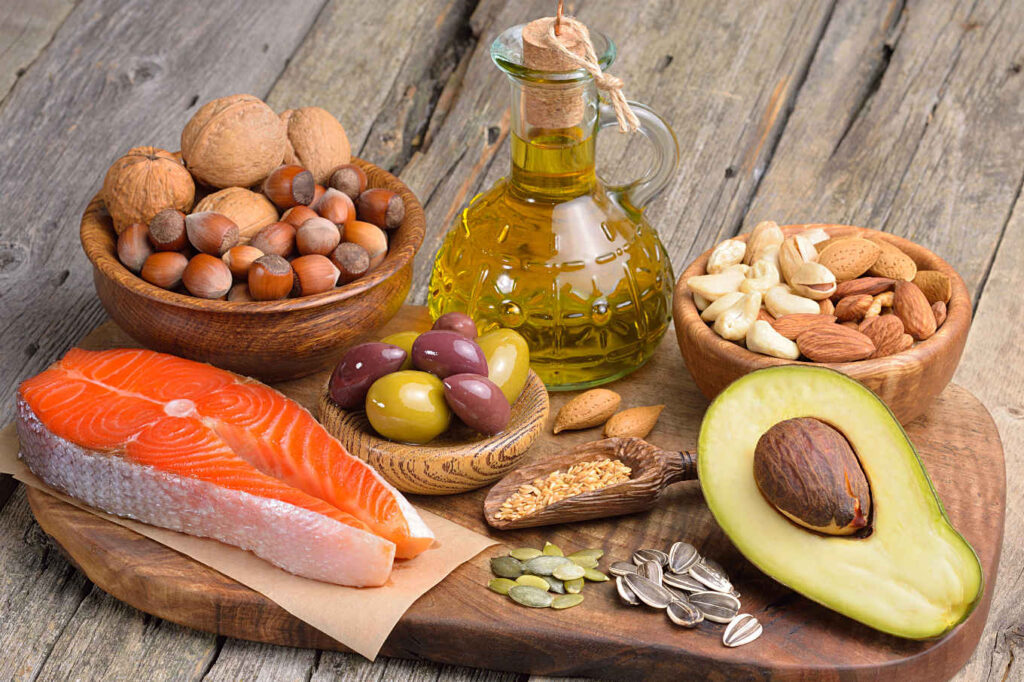Protein powders have become popular as nutritional supplements among athletes, bodybuilders, and people who want to gain weight or increase muscle mass. Hemp protein powder, made by grinding pressed hemp seeds into a fine powder, is one of the well-known varieties of protein powders, with a nutty, earthy taste. It is a high-quality vegan protein, rich in all nine essential amino acids, fibre, healthy fats, and minerals.

Hemp is a complete protein source, containing all the essential amino acids that humans must consume from food. However, the exact levels of these amino acids can vary based on research. One study found the amino acid profile of hemp protein to be similar to egg whites and soy, while other studies showed low levels of lysine, an essential amino acid, making it a lower quality option for that nutrient.
Hemp protein powder is relatively easy to digest compared to other plant proteins, with 91-98% of its protein being digestible. The high digestibility of hemp protein is due to the presence of edestin and albumin proteins, which are easy to break down. However, based on both digestibility and amino acid content, hemp protein is of moderate quality, similar to lentils.
Hemp protein powder is a great source of fibre, helping people reach the recommended daily intake levels of 25 grams for women and 38 grams for men. The fibre content in hemp protein powder can vary based on whether the seeds are hulled or unhulled and if additional fibre was added. Most hemp protein powders contain 7-8 grams of fibre per serving, providing 18-28% of the recommended daily intake of fibre.
Hemp protein powder still contains around 10% of the original fat content, with a serving size of 1/4 cup (30 grams) containing 3 grams of mostly unsaturated fat. Hemp seeds contain an ideal 3:1 ratio of omega-6 to omega-3 fatty acids, which helps balance the typical Western diet’s unbalanced 15:1 ratio, linked to chronic diseases. However, hemp protein powder contains more fat compared to other protein isolates and should be stored in the refrigerator after opening to prevent rancidity.

Hemp seeds are an excellent source of minerals such as phosphorus, magnesium, calcium, iron, manganese, zinc, and copper. Although there is no research on how processing the seeds into protein powder affects these nutrient levels, hemp protein products contain up to 80% of the recommended daily intake of magnesium and 52% of iron. Hemp seeds also contain lignanamides, compounds with strong antioxidant properties that protect against oxidative damage.
Hemp protein powder is a great option for those who want a less processed protein source and a good source of fibre and unsaturated fats. However, it contains less protein per serving compared to soy or pea protein powders and may be a lower quality option for lysine, an essential amino acid. To conclude, hemp protein powder is a great option for people looking to add both protein and fibre to their diets, but the fat content may not be suitable for those seeking a low-calorie protein powder.